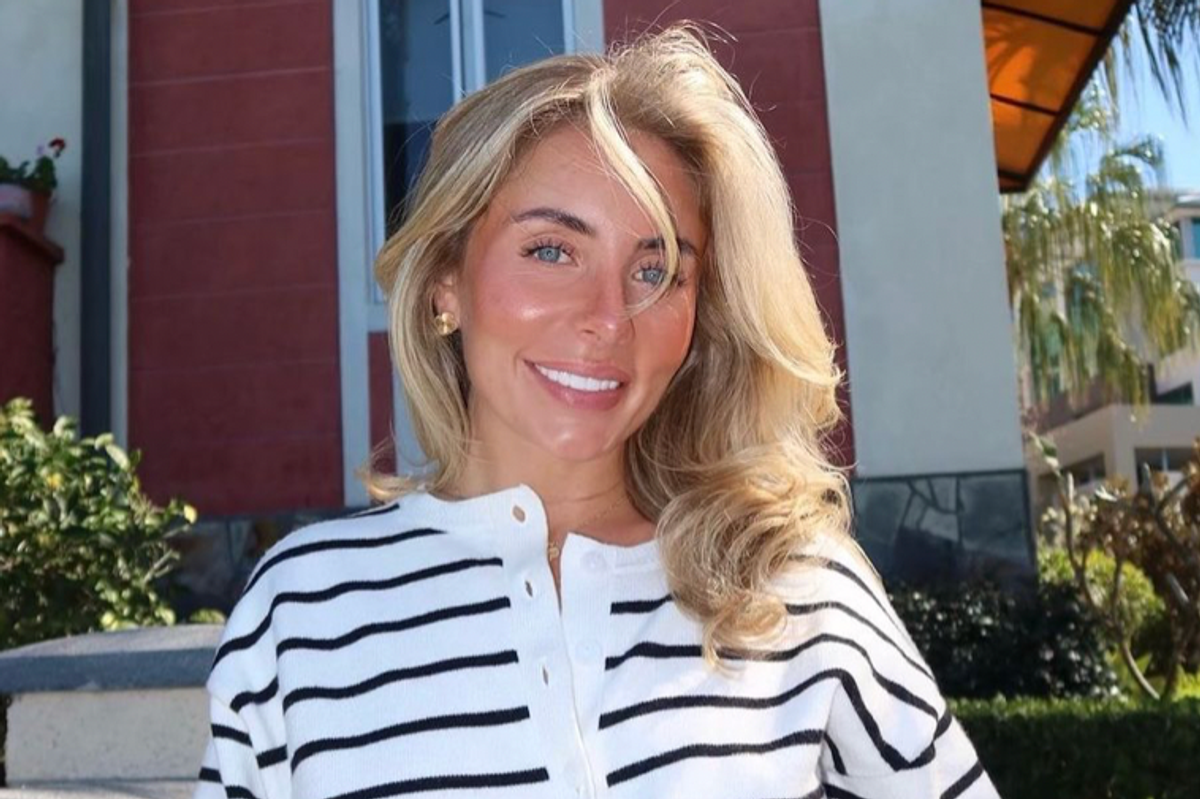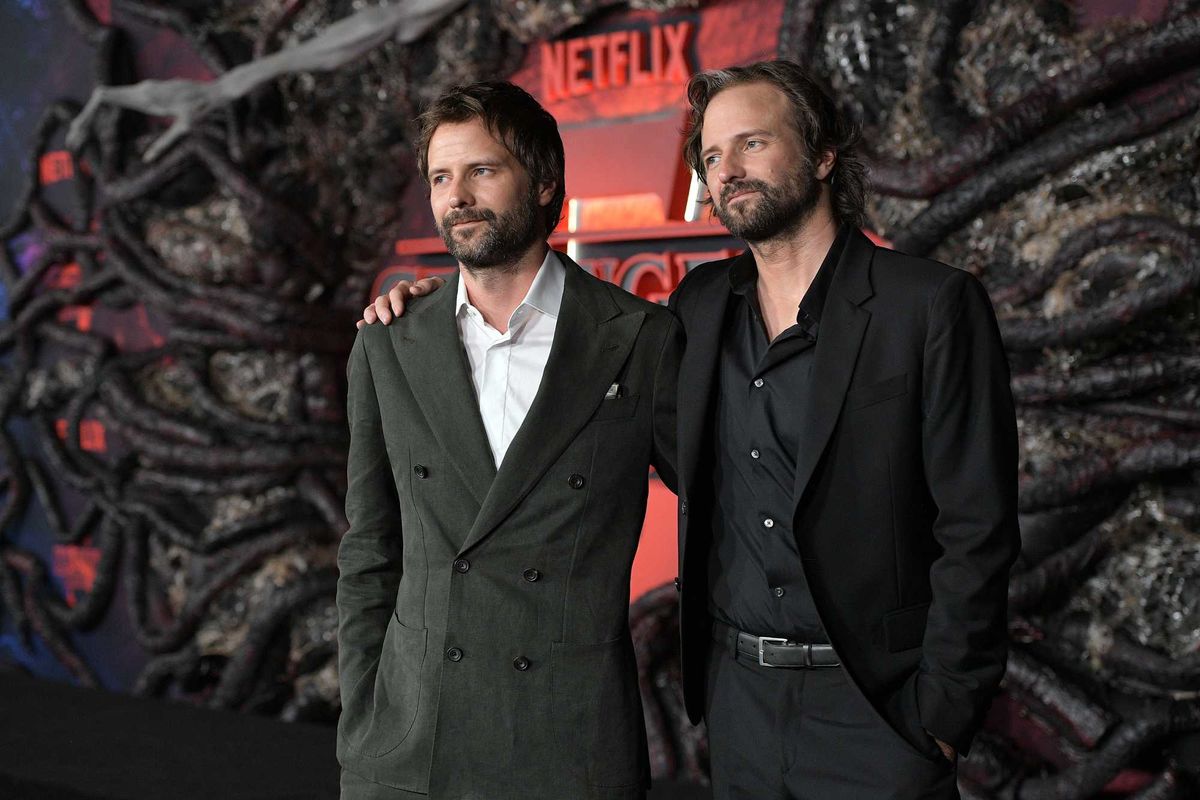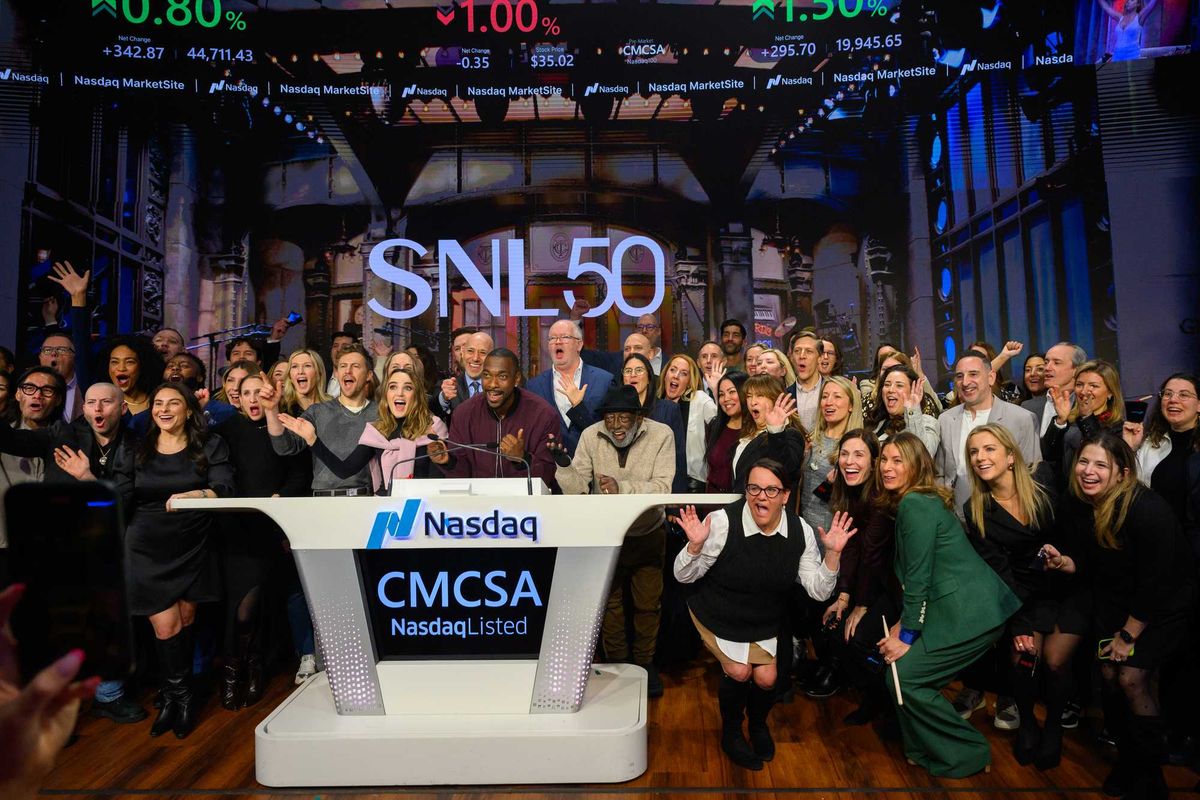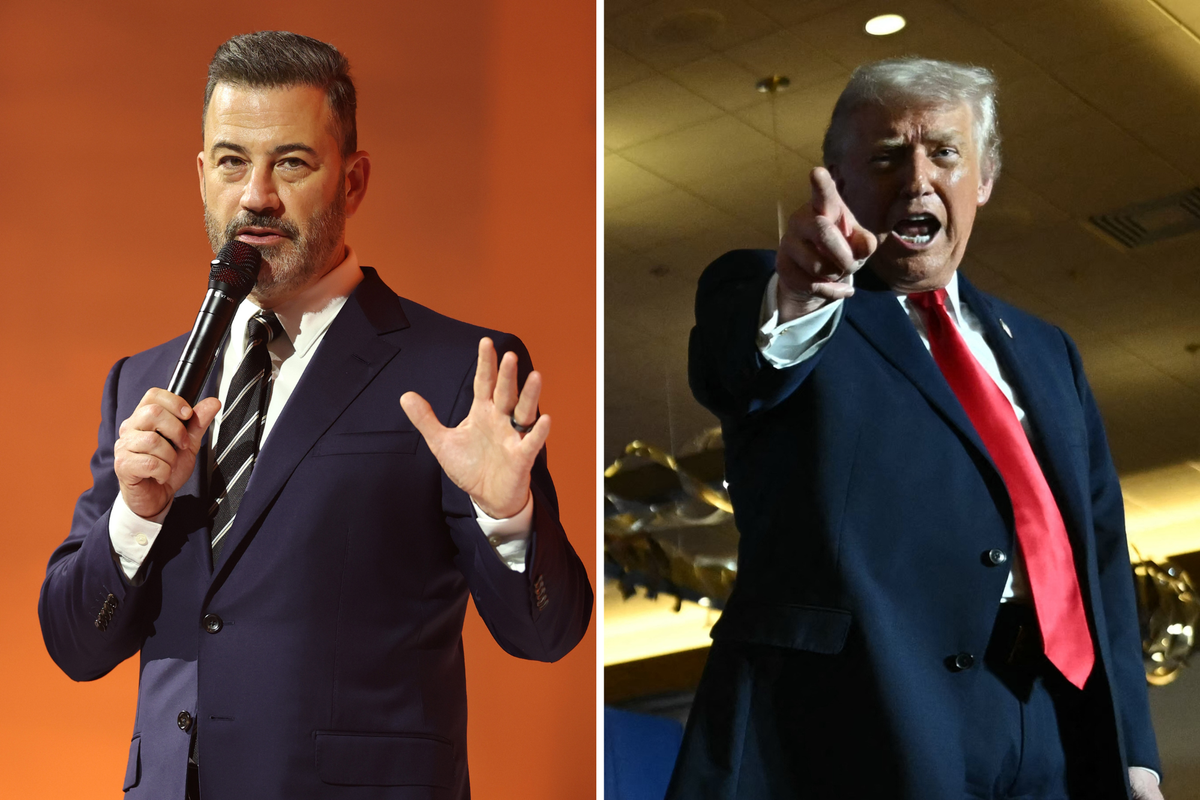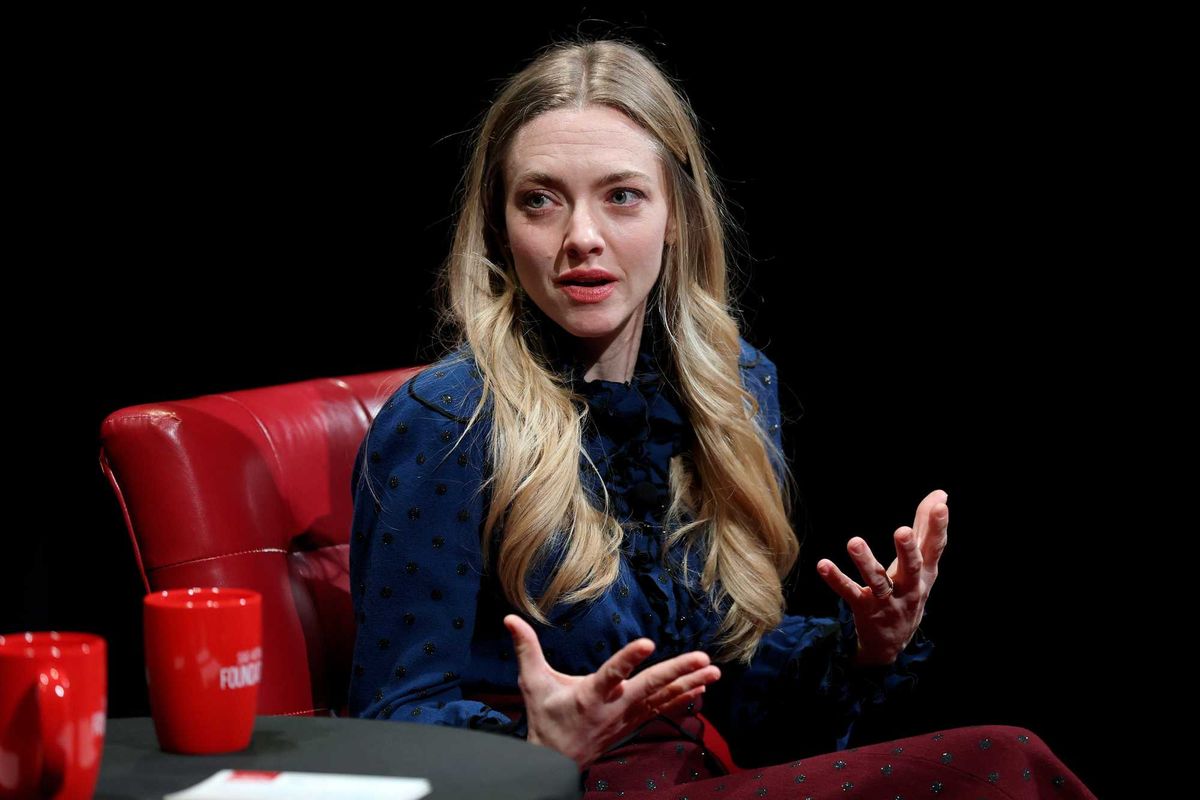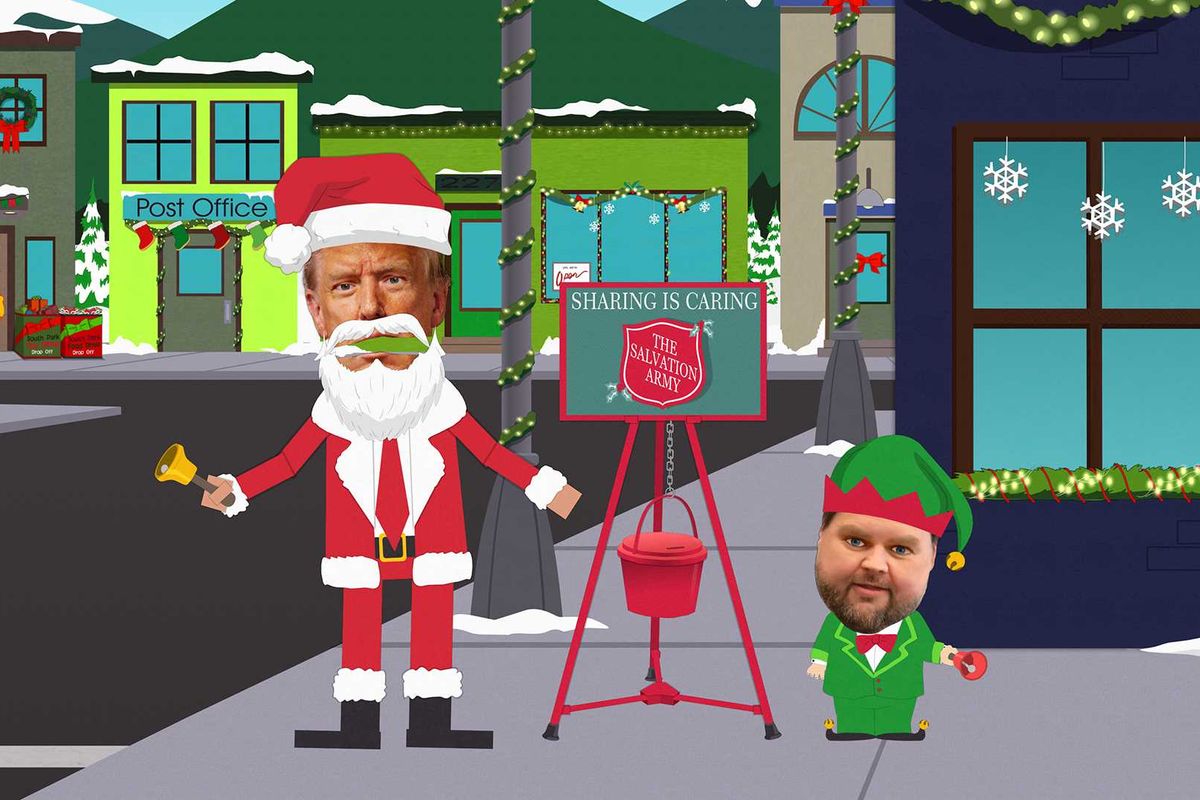News
Moya Lothian-McLean
Jun 05, 2020
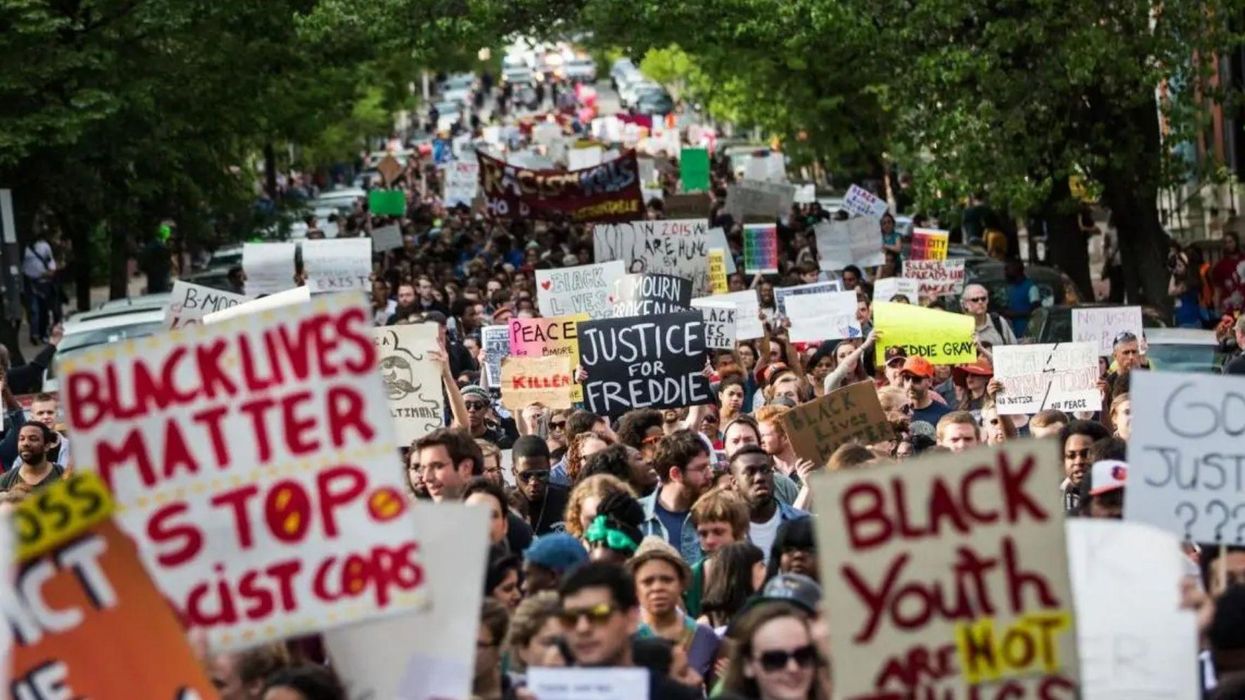
Getty
On Sunday 31 May, in the middle of a pandemic that has claimed over 50,000 lives in the UK, I went to Trafalgar Square to join a Black Lives Matter protest.
At 1pm we knelt for George Floyd. At 2pm a march began, sending thousands streaming through central London, signs aloft and chanting, until we reached the US embassy.
There we clogged roads, demanded justice and yelled the names of the departed over and over again; George, Breonna and Ahmaud but also Mark, Belly and Rashan. I left at 4pm, when the first wave of protesters began to disperse but hundreds remained, late into the evening, with groups spilling onto Chelsea Bridge and forcing traffic to a standstill outside parliament.
More demonstrations are planned across the UK. Two are scheduled for this weekend in London alone. On Wednesday, thousands gathered in Hyde Park. Footage of a powerful, emotive speech made by actor John Boyega immediately went viral, having been beamed onto social media feeds, almost live, by attendees.
These protests are an outpouring of rage and grief for the black community and their allies; they are a bloodletting and the beginning of a renewed wave of mass black activism. UK demonstrations stand in solidarity with the US but attendees are not turning out solely to protest police brutality across the Atlantic. Our pain and fury is also directed at our government and the structural racism baked in the foundations of the UK that has contributed directly or indirectly to the loss of thousands of black lives before their time.
All this takes place against a backdrop where black and Asian individuals have been found to face a much higher – we’re talking between 10 and 50 per cent – risk of death from Covid-19 than white ones, seemingly due to racial inequality in housing, employment and healthcare. The experience of black and Asian communities in the pandemic has heightened the situation’s urgency and amplified cries for change, not just in relation to police reform but for a shakedown of the entire system.
“Enough is enough,” we screamed on Sunday. But for many black would-be-protesters, the sight of others taking to the streets has left them with a heartbreaking choice between attending demos and making their voices heard, or staying at home and not running the risk of bringing coronavirus back to vulnerable communities.
Both the rock and its alternative hard place are the result of existing within a racist society.
The protests are taking place as a direct challenge to structural racism. But that same structural racism, ironically, has caused coronavirus to disproportionately impact the group who most desperately wish to be able show up physically and make a stand right now.
Whatsmore, heavy police presence at demonstrations pose a further danger, given the much-documented sour relationship between the boys in the blue and black people. What are people meant to do?
“My initial reaction to the protests was one of conflict,” says Sophie Amono, entrepreneur and founder of social media agency, STUFFS.
“Before [the pandemic], if there was any collective action, I’d be booking my train and going. But now there’s an overwhelming sense of helplessness. The reality of it is that we are still facing a pandemic. I want to be there but on top of that, I’ve got to think about what happens if I’m carrying Covid-19 or could pass it on.
“There is guilt. You feel so conflicted in the options that are presented to you”.
Although Sophie is based in Glasgow, her family still lives in London, resulting in a difficult phone call to her sister, Diana, in which the siblings jointly agonised over the decision of whether to attend any demonstrations.
They had several factors to consider. Contracting Covid-19 doesn’t just come with a threat of serious illness. As Sophie points out, the black population is overrepresented in key worker roles. If a key worker becomes ill, they don’t work and no money (bar meagre sick pay) comes in.
For those like Sophie and her sister, supporting elderly immigrant parents, both financially and with extra aid if they’re isolating, a breadwinner falling sick with the virus could spell disaster for an entire family network.
Direct experience of the health inequalities black people can face have also stoked Sophie’s fears about the outcome if she or her loved ones catch coronavirus from a protest.
“My mum had an accident at work and no one believed the severity of her injuries,” Sophie explains. “She’s now disabled because of that and was eventually bullied out of the workplace because people thought she was lying. I’ve seen what racial inequality does to people’s health”.
Sophie and Diana eventually decided the risk was simply too great for them to attend, despite the pain it caused them not to go.
“It’s such a tough conversation to have with someone,” says Sophie. “We felt like we had to apologise for putting ourselves, our families and the people in our community first. No one ever tells you it’s OK to put yourself first. But we are so disproportionately affected by it. It’s so difficult though.
“Especially in Scotland, where the black population is very tiny to begin with. You really feel it if one person doesn’t show up. But I had to make that choice that I won’t be going to any protests in person because of the risk it poses to a very small community. The implications are that whole families could be wiped out”.
London-based Elliot Hoste similarly grappled with the decision to take to the streets when large demonstrations began being planned practically on his doorstep.
As the first few rallies came and went, he held out. Eventually though, the unrelenting news cycle pushed him out of the door, despite his anxieties surrounding the pandemic.
“It’s not a nice feeling to think you can’t stand in solidarity with others, because of factors out of your control,” he says.
“My need to participate outweighed my anxiety about coronavirus. I’d been feeling so down for the whole week, just helpless by staying at home. It felt like the least I could do”.
On Wednesday he headed to the Hyde Park demo, marching with thousands of others down to Parliament Square.
As expected, it was impossible to maintain social distancing once there, despite the best efforts of protesters. While Eliott doesn’t regret the decision to go, he says individual circumstance obviously plays a big part and others in the black community should not feel guilty about staying home.
“It’s just me and my brother quarantining together and we’re not exposed to a lot of people. I would hope that if people are around family members they would take the hard decision not to go to protests, although I know that’s easy for me to say.”
However, he urges white allies at low risk to turn out in support.
“At first I was undecided about this,” Elliot admits.
“White people should want to go anyway and if they’re at less risk, they should turn up. It’s better than the protest not happening at all – there’s such momentum at the moment.
“White people benefit from white supremacy and systematic oppression so they should go, recognise their privilege and stand side by side with black people”.
For Jason Okundaye, protesting was never an option. He lives with a clinically vulnerable person and decided immediately it just wasn’t safe for him to venture to a demo. Instead, he’s engaging in digital protest and activism to support the movement.
“I’ve been digitally sharing resources and donating bail funds in [lieu] of attending,” he says.
Criticism of ‘armchair activism’ ignores just how effective it can be, Jason explains, citing recent social media initiatives that have raised millions for the Black Lives Matter movement.
“Online protests have stirred people into action and committed us to redistributing wealth and resources to protest those who are putting their bodies on the line,” he says.
“From my bedroom in south London, I’m able to enable protesters to be freed from detention.
“It would be petty and insincere to dismiss the power of digital organising and protests right now”.
Digital movements are a sphere activists have been exploring for years but with the onset of the pandemic, that work became far more urgent.
Even prior to the renewed explosion of the Black Lives Matter movement in the wake of George Floyd’s death, campaigners were attempting to keep up the momentum of their work via digital means.
Innovative solutions were provided: groups campaigning to save the historic Latin Village in Tottenham threw fundraising Zoom fiestas and protesters battling to save Nour Cash & Carry in Brixton Market crashed a virtual DJ set played by the man trying to evict the business.
When it comes to Black Lives Matter, the digital activism seen over the last two weeks has been primarily focused on fundraising and sharing vital resources, like news, petitions and information to aid those on the ground. The act of protest as we traditionally understand it has been undertaken physically.
But as Sophie points out, people are starting to comprehend just how to wield their digital power to full effect within that space. She highlights the example of the numerous templates for letters to political officials that have begun to circulate, something Sophie herself has contributed to.
As a marketing expert, Sophie knows how to spread a message. Successful digital activism can be boiled down to a two-pronged approach, she says. First is to ensure simplicity in delivering the message or aim. Second is to centre the people impacted by the movement and allow them to lead the protest.
“When it comes to social justice campaigns, it needs to be super, super simple,” Sophie stresses. “Tell people what they need to do. That’s it. Like ‘here’s a template, here’s an email, send it’. Perfect.
“Campaigns also need to be led by the people impacted. People might have a genuine desire to do good but these campaigns need to be driven by people who live racism day in, day out. Otherwise it goes wrong.
“We’ve seen it with things like the Kendall Jenner Pepsi ad – if you haven’t got anyone behind these things who can drive the campaign from lived black experience it can massively miss [the mark]”.
Sophie’s recently launched lookatmelive, a digital space to aid protest while she and others are unable to get out onto the streets. The platform is still small but she says her inbox has been packed with people requesting resources and activist aids.
Inadvertently, the pandemic has offered an opportunity. Normal life has ground to a halt and in its place is the space to engage far more fully with movements – especially ones that can be conducted via a smartphone.
Sophie tells me she doesn’t think we’d be seeing an equivalent level of action on behalf of the black community, if we weren’t mired in the midst of a global pandemic.
“George Floyd’s petition was the biggest in US history,” she points out. “The spread of the pandemic made people realise our world is so interconnected. What started in a city in China impacted all of us.
“What happened in the US is connected to the injustices that happened in the UK. Plus the way the government here handled the Covid-19 crisis made people realise that they have to answer for injustice.
“The pandemic showed people our government is complicit in so much. So when race came up, people were like ‘Actually, we’re going to talk about race as well. You’ve let us down on the health side, now what about these injustices too?’
“I think people are realising our government are elected officials who are public servants and [should answer to them]”.
Yet in the midst of all this work, there’s one offline form of protest she thinks the black community must engage in above all else at this time: resting.
“One of the most political acts you can take as a black person is looking after yourself,” she says. “Taking away that guilt of ‘I’m not doing anything’. The burden of campaigning is disproportionately falling on black people whose mental health has already been affected by Covid-19, by the current pressures.
You’re now having to take that little last bit of energy left in you to go online and fight against racism and gaslighting.
The message for black people needs to be: please take the time out to look after yourself. That in itself is a massive action”.
Top 100
The Conversation (0)
